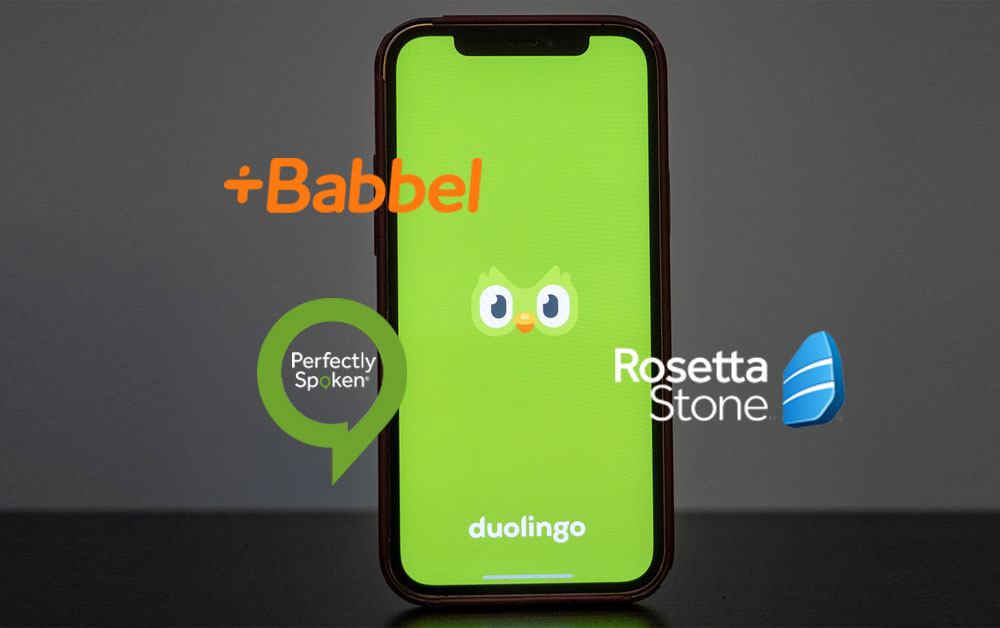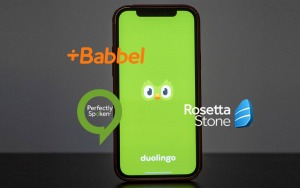English can be a difficult language to master, especially for non-native speakers. One of the common challenges faced by English language learners is the confusion between words that sound similar or have similar meanings. Are you sure you know the difference between ‘it’s’ from ‘its’ and ‘your’ from ‘you’re’?
In this article, we will explore 10 of the most common difficult words in English, their meanings, the words they often get confused with, and why this confusion occurs. We’ll also provide examples of correct and incorrect usage to help you better understand these tricky words.
10 Words English learners confuse
Your vs. You’re:
- Your (pronoun): Indicates possession by someone.
- You’re (contraction): Short for “you are.”
Confusion: The confusion arises due to the similar sound and spelling.
Example:
Correct: You’re going to love your new book.
Incorrect: Your going to love you’re new book.
Its vs. It’s:
- Its (pronoun): Shows possession by an inanimate object or non-human entity.
- It’s (contraction): Short for “it is” or “it has.”
Confusion: The apostrophe in “it’s” often leads to mistakes.
Example:
Correct: The cat chased its tail. It’s always doing crazy things.
Incorrect: The cat chased it’s tail. Its always doing crazy things.


Their vs. There vs. They’re:
- Their (pronoun): Shows possession by a group.
- There (adverb): Indicates a location or a place.
- They’re (contraction): Short for “they are.”
Confusion: These three words sound the same but have different meanings.
Example:
Correct: They’re going to their favourite restaurant, which is over there.
Incorrect: They’re going to they’re favourite restaurant, which is over their.
To vs. Too vs. Two:
- To (preposition): Used to indicate direction, purpose, or action.
- Too (adverb): Means “also” or “excessively.”
- Two (number): The word for the number 2.
Confusion: These words sound alike but have different meanings.
Example:
Correct: They want to go to the show, too, but there are only two tickets.
Incorrect: They want too go two the show, to, but there are only 2 tickets.
Accept vs. Except:
- Accept (verb): To receive or agree to something willingly.
- Except (preposition): Excluding or not including something or someone.
Confusion: These two words sound similar, but they have opposite meanings.
Example:
Correct: She accepted the job offer. Everyone was invited to the party except me.
Incorrect: She excepted the job offer. Everyone was invited to the party accept me.
Advice vs. Advise:
- Advice (noun): Recommendations or suggestions given to someone.
- Advise (verb): To offer guidance or counsel.
Confusion: These words have different meanings and are often swapped.
Example:
Correct: I received valuable advice from my friend, who advised me on my career.
Incorrect: I received valuable advise from my friend, who advice me on my career.


Then vs. Than:
- Then (adverb): Refers to a point in time or a sequence of events.
- Than (conjunction): Used for making comparisons.
Confusion: These words are often confused in comparative sentences.
Example:
Correct: She is taller than her brother. They had dinner and then they went to the movies.
Incorrect: She is taller then her brother. They had dinner and than they went to the movies.
Hear vs. Listen to:
- Hear (verb): The act of perceiving sound through the ears without any intentional effort
- Listen (verb): To actively pay attention and focus on a sound.
Confusion: Learners often confuse passive hearing with active listening.
Example:
Correct: I hear people talking on the radio, but I need to listen carefully to understand what they are saying.
Incorrect: I listen people talking on the radio, but I need to hear carefully to understand what they are saying.
Emigrate vs. Immigrate:
- Emigrate (verb): To leave one’s own country and go to live in another.
- Immigrate (verb): To come to a new country and establish permanent residence.
Confusion: Learners often mix up these words due to their similar prefixes.
Example:
Correct: They decided to emigrate from their homeland and immigrate to a new country.
Incorrect: They decided to immigrate from their homeland and emigrate to a new country.
Lie vs Lay:
- Lie (to recline or be in a resting position)
- Lay (to put or place something down)
Example:
Correct: After a long day at work, she decided to lie down and rest on the couch.
Incorrect: After a long day at work, she decided to lay down and rest on the couch.
To make it more confusing, in this context, the past of “lie” is “lay” So in the past we would say :
Correct: After a long day she lay on her bed
Incorrect: After a long day she laid on her bed

At Perfectly Spoken, our expert teachers explain and practise all these confusing words and many more in our A1 -C2 level courses. So why not join us and them and perfect your English.
Start your English learning journey today



































